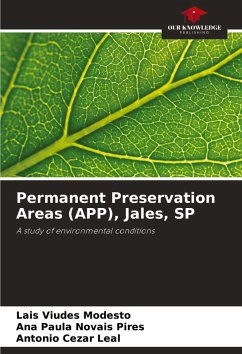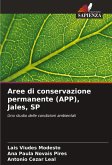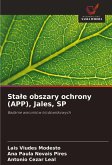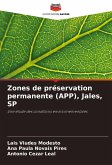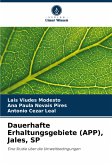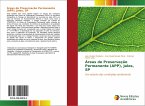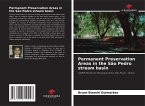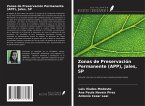The aim of this work was to carry out a study of the environmental conditions of the Permanent Preservation Areas (PPAs) in the Córrego do Marimbondo sub-basin in the municipality of Jales (SP), using remote sensing techniques and based on Brazilian environmental legislation, the Forest Code Federal Law No. 12.651/2012. Permanent Preservation Areas are intrinsically involved in improving the quantity and quality of water in the areas of springs and along bodies of water on rural properties. To this end, studies were also carried out on the 'new' Forestry Code in comparison with the old Code, Federal Law no. 4.771/1965, and the observation of its application in the sub-basin area, as well as the realisation of a simulation. The results of this research made it possible to see the need for direct implementation of enforcement measures with regard to the Forest Code, since this water management instrument in Brazil is responsible for guaranteeing sustainable land use and land cover management practices, with direct benefits for water production, especially for public supply.
Bitte wählen Sie Ihr Anliegen aus.
Rechnungen
Retourenschein anfordern
Bestellstatus
Storno

